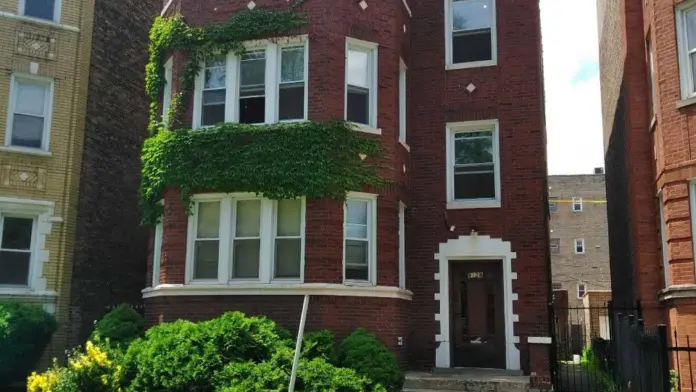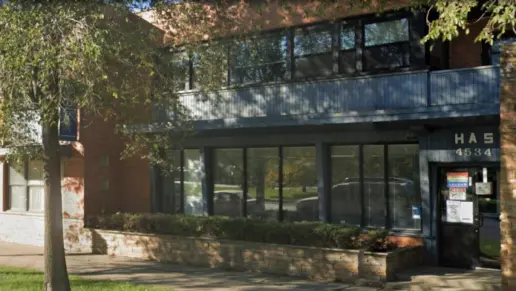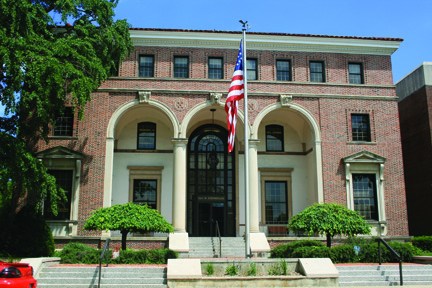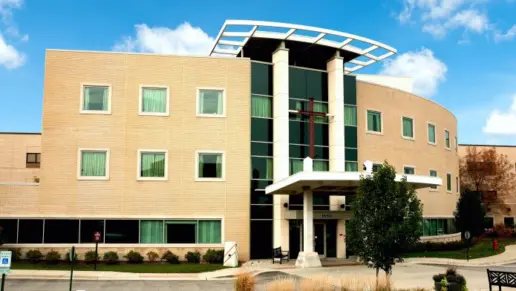About Henry’s Sober Living House
Henry's Sober Living House - Ellis provides assistance for those who have successfully completed the program and are prepared to return to the community as responsible, alcohol, drug free individuals. Henry's Sober Living House's mission is to ensure that the men have the support they need to remain sober.
The sober living home is a safe and secure environment where individuals can live with others dedicated to recovery. This program emphasizes 12 Step programming. Recovery education, relapse prevention services, self-help groups, and referrals to a wide variety of services are available. Individuals may need to be referred to a detox center prior to moving into the sober living stage of treatment. Henry’s Sober Living House – Ellis helps individuals connect with organizations who can help them move forward in life. This includes continuing education, outpatient resources, case management services, referrals to counselors, and mentorships for ex-offenders.
Henry’s Sober Living House – Ellis can be contacted to discuss their services, fees, and insurance options. If a person wants to use insurance for any type of treatment, it is important to contact their insurance provider prior to starting treatment, because out of network benefits may vary from plan to plan.
Rehab Score
Gallery

Location
Other Forms of Payment
Self-pay involves paying for treatment out of your own pocket. You can use savings or credit, get a personal loan, or receive help from family and friends to fund your treatment. If you don't have insurance or your insurance plan doesn't cover a specific program, self-pay can help ensure you still get the care you need.
Medicare is a federal program that provides health insurance for those 65 and older. It also serves people under 65 with chronic and disabling health challenges. To use Medicare for addiction treatment you need to find a program that accepts Medicare and is in network with your plan. Out of pocket costs and preauthorization requirements vary, so always check with your provider.
Medicaid is a state based program that helps lower-income individuals and families pay for healthcare. Medicaid covers addiction treatment so those enrolled can use their coverage to pay for rehab. When a program accepts Medicaid the client often pays very little or nothing out of their own pocket.
Addiction Treatments
Levels of Care
Treatments
The goal of treatment for alcoholism is abstinence. Those with poor social support, poor motivation, or psychiatric disorders tend to relapse within a few years of treatment. For these people, success is measured by longer periods of abstinence, reduced use of alcohol, better health, and improved social functioning. Recovery and Maintenance are usually based on 12 step programs and AA meetings.
Drug rehab in Illinois is designed to help people recover from addiction to a number of substances. The length of each program and its intensity tend to vary, and the plan of care is based on your individual needs.
Many of those suffering from addiction also suffer from mental or emotional illnesses like schizophrenia, bipolar disorder, depression, or anxiety disorders. Rehab and other substance abuse facilities treating those with a dual diagnosis or co-occurring disorder administer psychiatric treatment to address the person's mental health issue in addition to drug and alcohol rehabilitation.
Opioid rehabs specialize in supporting those recovering from opioid addiction. They treat those suffering from addiction to illegal opioids like heroin, as well as prescription drugs like oxycodone. These centers typically combine both physical as well as mental and emotional support to help stop addiction. Physical support often includes medical detox and subsequent medical support (including medication), and mental support includes in-depth therapy to address the underlying causes of addiction.
Substance rehabs focus on helping individuals recover from substance abuse, including alcohol and drug addiction (both illegal and prescription drugs). They often include the opportunity to engage in both individual as well as group therapy.
Programs




Clinical Services
Group therapy is any therapeutic work that happens in a group (not one-on-one). There are a number of different group therapy modalities, including support groups, experiential therapy, psycho-education, and more. Group therapy involves treatment as well as processing interaction between group members.
During one on one therapy sessions for drug and alcohol addiction, you and your therapist work collaboratively to develop effective relapse prevention plans and improve your self awareness. This helps address your specific needs, including the effectiveness of several evidence based treatment modalities that may work best for you.
Family therapy helps to rebuild trust and strengthen relationships that have been affected by addiction. Therapists use guided interventions to help families improve their interactions and address underlying issues that impact their relationships. This helps create a supportive atmosphere for the recovery process.
Life skills trainings involve all the skills a person must have in order to function successfully in the world. These include time management, career guidance, money management, and effective communication. Truly successful addiction recovery is based on the ability to not only live substance-free, but to thrive. Life skills teaches the practical necessities of functioning in society, which sets clients up for success in life, and therefore sobriety.
The use of nicotine replacement therapy in Illinois supplies your body with a small, controlled dose of nicotine without exposing it to the other harmful chemicals in cigarettes. This dose reduces withdrawal and satisfies cravings, so you can wean yourself off nicotine use.
Amenities
-
Residential Setting
-
Private Rooms
Contact Information
8032 S Ingleside Ave
Chicago, IL 60619


